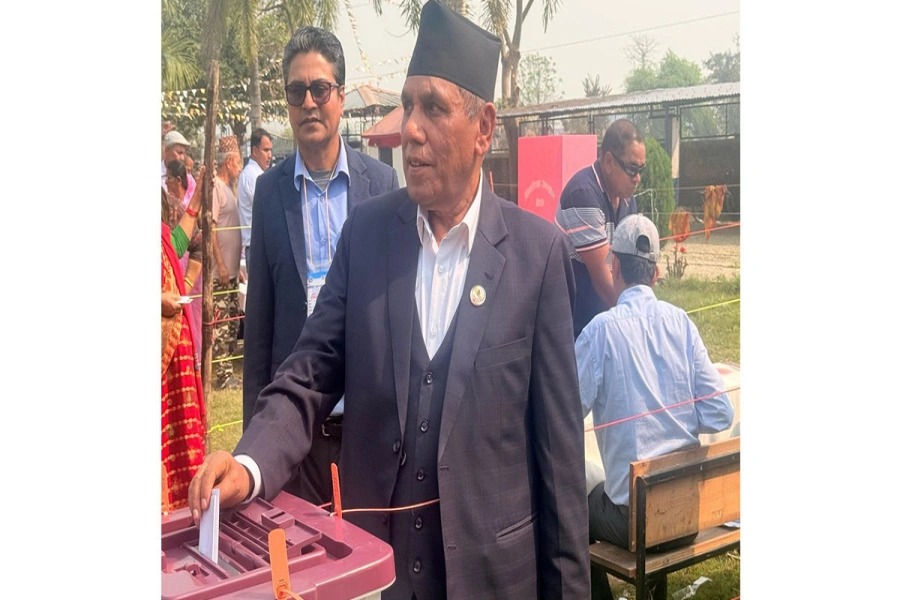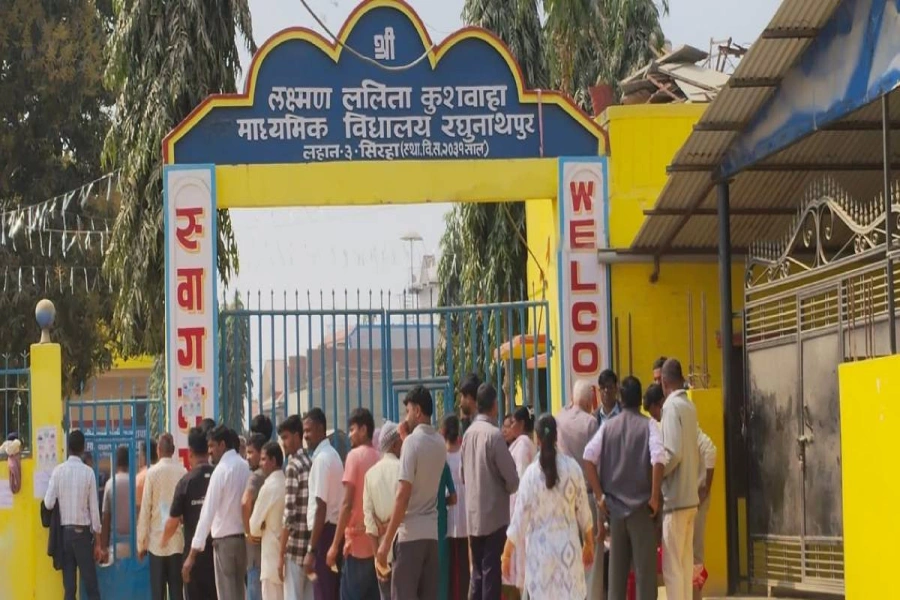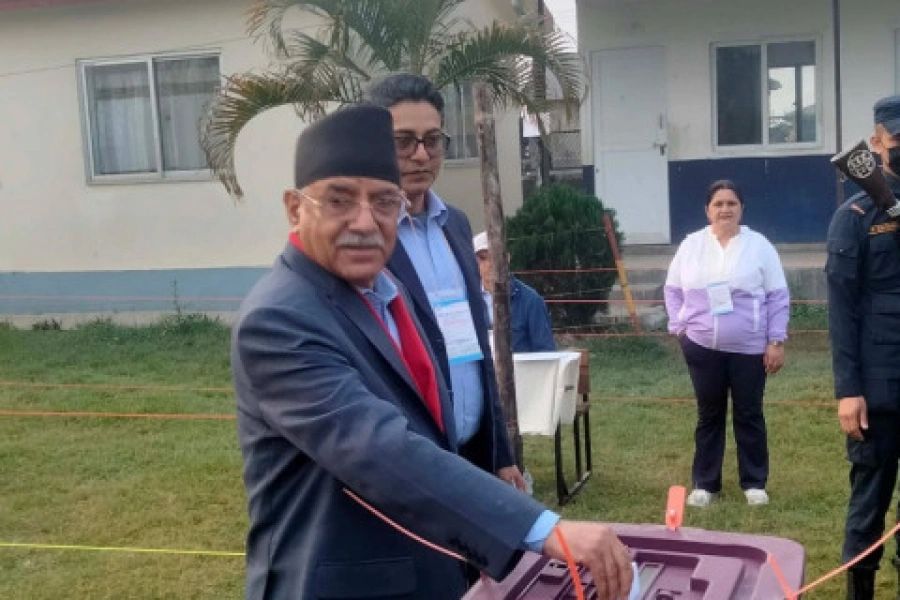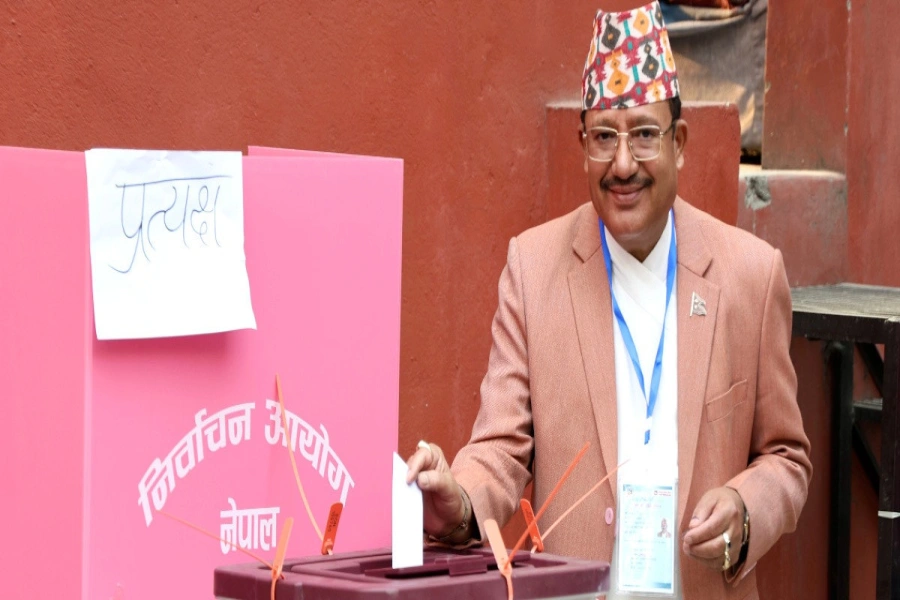The ongoing standoff between contractors and the government over delay in payments has threatened to jeopardize Nepal's ongoing development projects. The dispute between the contractors and the government could lead to a nationwide halt in construction work, as the contractors have called for a national-level gathering on January 11 to launch their protest against the government for failing to pay their dues on time. While they claimed that they have yet to get Rs 40 billion for completed projects, the Ministry of Finance stated that the government has cleared all payments except for Rs 8 billion, held up due to lack of proper invoices and documents. Rabi Singh, president of the Federation of Contractors' Associations of Nepal (FCAN), stated that the government paid Rs 20 billion for projects done in the previous fiscal year alone, while the contractors have not yet received payments for works completed since 2019/20. This is indeed frustrating for the contractors. Delays in receiving payments make it practically hard for them to continue working efficiently. Some claim that the financial burden on the contractors is further aggravated by bureaucratic inefficiency and corruption. Payments for the contractors are frequently delayed due to lengthy and complex paperwork that must be completed between ministries, and many of them are forced to cough up certain percentages of contract fees to bribe bureaucrats at various levels to secure contracts or receive payments. These unethical behaviors prove detrimental to the quality of projects while constant political changes and government instability often lead to previous projects either being sidelined or a reduction in budget. This creates uncertainty in the completion of development projects and infrastructure. Because of all these quandaries, contractors have warned of halting their construction works.
FNCCI takes credit for resolving standoff over unpaid electrici...

Nonetheless, the government's reasoning for postponing payments has its own merits. Officials say that a significant sum (about Rs 8 billion) is unpaid owing to insufficient bills and documents. Some contractors are accused of submitting fake bills and papers to receive more money than they are entitled to for their services. In any financial system, adhering to basic accounting processes is essential as paying contractors without enough paperwork would be deemed an abuse of public funds. Furthermore, the government regularly faces budget shortages, which are mostly caused by delays or failure in meeting targets for revenue collection. As a result, raising financing for major infrastructure projects has become increasingly challenging. However, the government must continue to ensure that projects are completed on schedule and with higher standards. Delays and poor construction not only waste taxpayers’ money, but also undermine public trust. The government seeks to protect public interests by holding contractors accountable for meeting deadlines and using high-quality materials. However, such measures may appear unjust if the government fails to meet its payment obligations made to the contractors while awarding contracts.
Despite these complications, contractors seeking prompt payments and ending corrupt practices in bureaucracy merits our support. To break the current standoff, the government must settle dues to them by ensuring adequate paperwork, expedite hassle free processes and implement a transparent payment monitoring system to reduce future delays. In the meantime, contractors must embrace responsibility by regularly meeting deadlines and producing excellent results—these expectations are non-negotiable. Concerns about inadequate construction works due to collusion between some contractors and unscrupulous civil servants have tainted several of Nepal's infrastructure projects. The current level of unethical actions such as bribery must be addressed promptly as quality infrastructure development is critical to our economic viability and prosperity. A collaborative attitude between contractors and the government is necessary for attaining development objectives, especially at a time when our country plans to build 82,000 megawatts of hydroelectric projects and reconstruct the badly damaged but vital BP Highway, both of which would cost billions of rupees to our authorities who cannot carry on with major construction initiatives unless they settle outstanding dues to the contractors on time in a hassle-free manner as they are a vital cog in the wheel of our development endeavours.






































